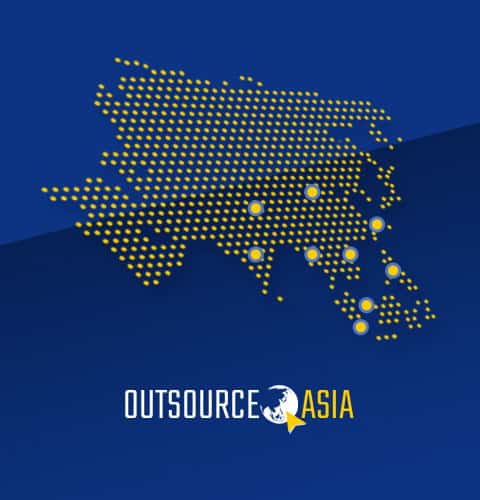
Tech Revolution in Singapore
Rapid technological development has brought about AI and automation on an unprecedented scale. It’s estimated that 40 to 50 percent of workers with low education are at risk of automation by the mid-2030s.
This article on the tech revolution in Singapore examines aspects of the post-pandemic era, examining how organizations respond towards the impact of automation and technology on job availability. It also examines decisions by policymakers and business leaders on aspects of cybersecurity management and data and privacy protection.
Background
As of mid-2022, Singapore’s economy has continued to recover from the COVID-19 pandemic. As of the second quarter of 2022, GDP was estimated to be up 4.8% year-over-year (y/y), after growing 4.0% y/y in the first quarter. Following the COVID-19 pandemic, GDP grew 7.6% in 2021. In May 2022, Singapore’s manufacturing output increased by 13.8% y/y.
Singapore has continued to attract foreign direct investment despite the COVID-19 pandemic, particularly in electronics and pharmaceuticals manufacturing. Sanofi, BioNTech and Hilleman Laboratories are among the companies building new vaccine manufacturing plants in Singapore.
Riding the Wave of New Technology
The new work landscape in Singapore rides along with the global technology changes that have swept the world. It embraces the migration to the cloud and maximizing a remote workforce. Singapore is investing in skilling, reskilling and upskilling their citizens to keep up with this rapidly growing trend.
In order to succeed, all private and public institutions need to align with students’ needs. “Education needs to be ‘low-cost’ and ‘on-demand,” said Dan Rosensweig, President and CEO of Chegg Inc. “All of the economies around the world are becoming tech-enabled. But that doesn’t mean everybody has to be an engineer. It just means everybody has to understand and utilize technology in whatever role that they happen to be playing.”
Impact of Automation and Technology to Job Availability
In Singapore and around the world, automation is bringing about structural, foundational changes. Consequently, it will undoubtedly affect all levels and sectors of the workforce. In the next decade, part-time jobs in Singapore may undergo dramatic changes. It is likely that the type of occupations (and the skills needed by employees) will also change as automation takes hold in your industry.
According to Lee King Fuei’s study published in the Journal of Southeast Asian Economies, approximately one-quarter of Singaporean jobs are at high risk of computerization in the future. Although this is relatively low when compared with the number of high-risk jobs internationally, automation is threatening older Singaporeans and those who rely on low-level jobs to make ends meet. They may be the most vulnerable to losing their jobs.
Approximately 24% of Singapore’s work activities will be automated by 2023, according to research. This doesn’t necessarily mean there will be a surge in unemployment. MGI research suggests that process automation actually creates more jobs than it destroys. New jobs that have never existed before. Up to 9% of Singapore’s future labor demand will be brand new jobs due to the automation boom.
Cybersecurity Management and Data and Privacy Protection
The Singaporean government continued to develop its cybercrime, data protection, and cybersecurity regimes in 2020 and 2021. Singapore’s Cyber Landscape 2019 report outlines four pillars of strategy to protect the nation from cyberthreats and reinforce Singapore’s status as a leading information systems hub. Among its objectives are the development of a resilient infrastructure, the creation of a safer cyberspace environment, the development of a vibrant cybersecurity ecosystem, and the strengthening of international partnerships.
Among the legal components of this strategy are the Personal Data Protection Act 2012 (PDPA), Singapore’s first comprehensive framework for ensuring the protection of personal data, the Computer Misuse Act (CMA), which combats cybercrime and other cyberthreats, and the Cybersecurity Act 2018, which protects Singapore’s Critical Information Infrastructure (CII) in 11 critical sectors. The Personal Data Protection Act 2012 (PDPA) was amended by Singapore’s legislature in November 2020. The PDPA is being amended in phases, with some amendments coming into effect on 1 February 2021.
Learn more about offshore outsourcing and how you can maximize it for your business. Today’s Third Wave of Outsourcing no longer focuses on cost-cutting alone. It’s a race to find the best talent from all over the world.
Learn more about Third Wave Outsourcing and how you can maximize it for your business. Don’t remain in the ways of the past. Join the global entrepreneurs who have access to the best global talent. ORDER THE E-BOOK NOW.


